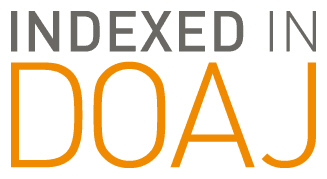Abstract
Human services education has unique needs due to the practical elements that are a part of preparing students for the field. One aspect is for students to graduate with a firm capacity to enact the skill detailed by the National Organization of Human Services (NOHS, n.d.). A blending of on-campus and on-line components has been found to encourage higher order thinking and offer experiential learning (Rehfuss, Kirk-Jenkins, & Milliken, 2015). The flipped classroom pedagogical model offers one potential way for educators to create an environment that facilitates the learning needed and recommended. This study altered a class to the flipped classroom model, and then used two type of data collection, a survey given twice during a semester and reflections written as a part of the class’ expectation. This was done to explore human services undergraduates’ reactions to the pedagogical model. Implications and lines of further enquiry are included.
Recommended Citation
Meade, Nicola A. and Sparkman-Key, Narketta M. PhD
(2019)
"An Exploratory Investigation of a Flipped Classroom Model in Human Services Education,"
Journal of Human Services: Training, Research, and Practice: Vol. 4:
Iss.
1, Article 3.
Available at:
https://scholarworks.sfasu.edu/jhstrp/vol4/iss1/3
Included in
Curriculum and Instruction Commons, Educational Assessment, Evaluation, and Research Commons, Other Social and Behavioral Sciences Commons
Tell us how this article helped you.
